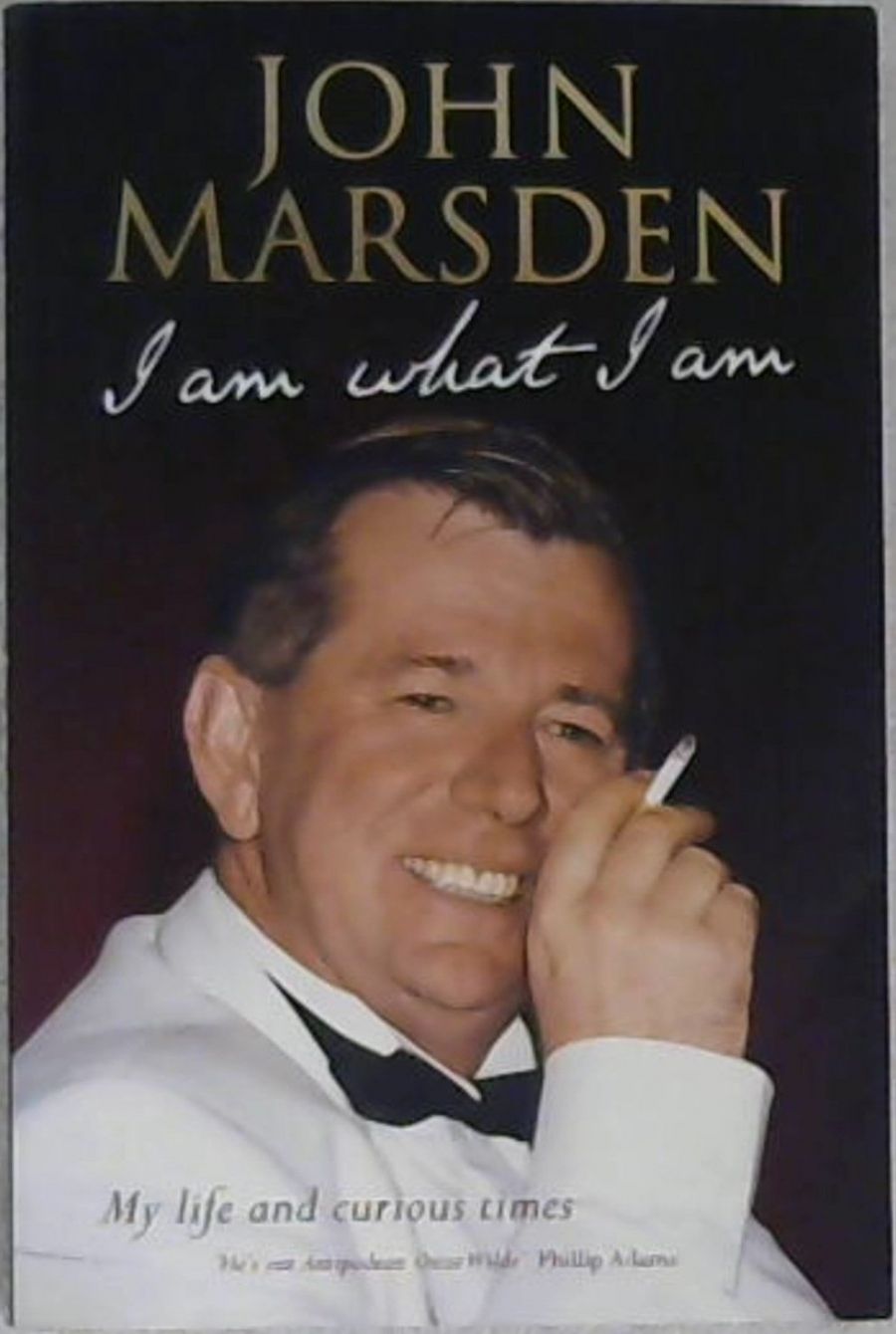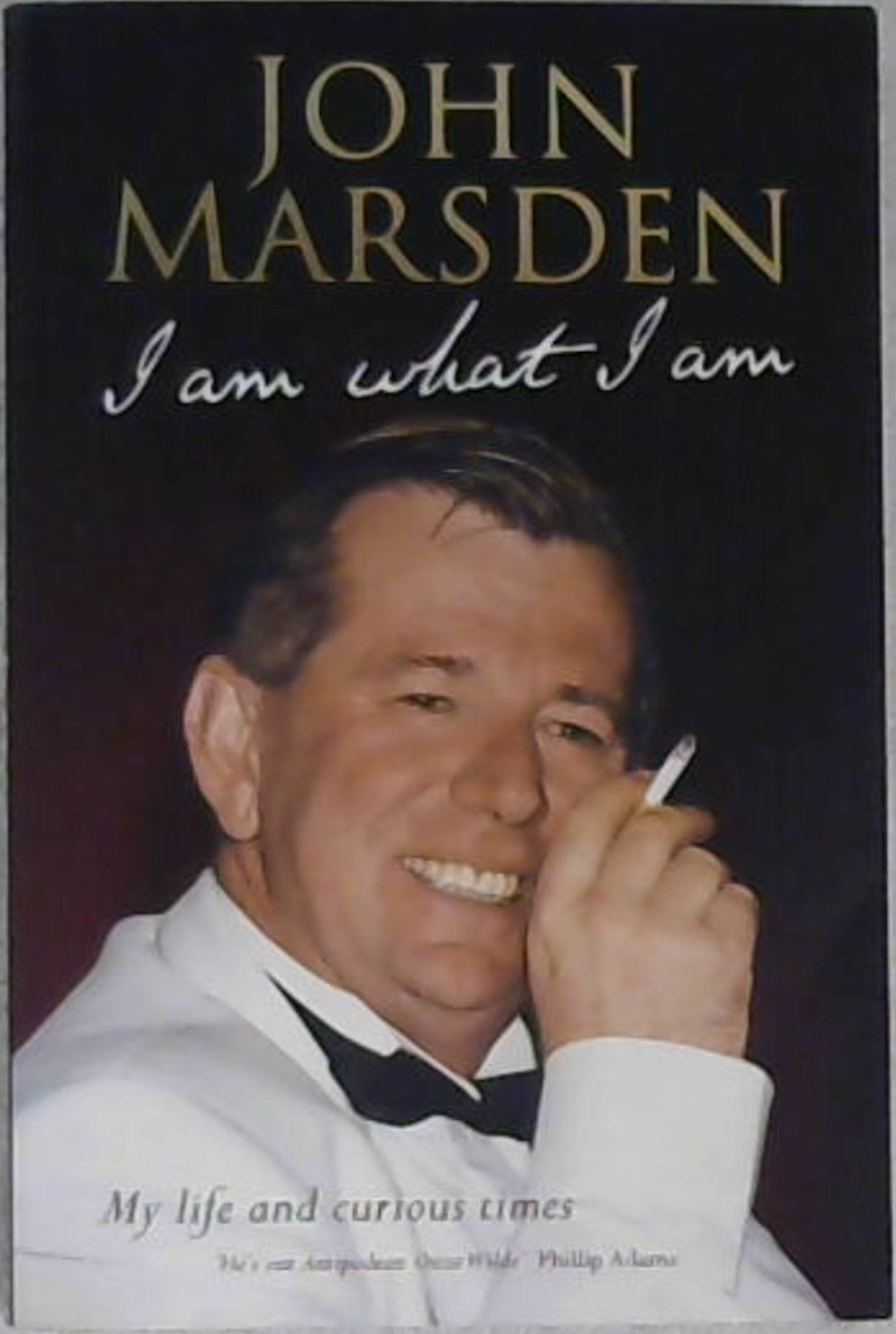
- Free Article: No
- Contents Category: Memoir
- Review Article: Yes
- Article Title: A Rich Smattering
- Online Only: No
- Custom Highlight Text:
If the world is divided between those who celebrate their birthday in a flamboyant manner and those who don’t, then John Marsden unquestionably belongs in the first camp. At least, he did before his much-publicised fall from public grace. Marsden begins his autobiography with a detailed account of his fiftieth birthday. A full year earlier, he began mailing monthly teaser invitations to his guests. The first read, in capitals: ‘An important invitation. You have been invited to one of the most important events of 1992.’ Each month, more information dribbled out, until the day itself, when a ‘rich smattering of state cabinet ministers; Liberal, Labor and Democrat politicians; lawyers, judges, civic leaders and business heavyweights all made the sunset pilgrimage to a hillside on the edge of town along a darkened stretch of the road.’ The reader gets the message: this birthday boy was one hell of a mover and shaker, a player, a friend of the rich and powerful, and, as the Grange Hermitage flowed freely, one damn fine host; a man at the height of his powers.
- Book 1 Title: I Am What I Am
- Book 1 Subtitle: My life and curious times
- Book 1 Biblio: Viking, $35pb, 389pp
- Book 1 Cover Small (400 x 600):

- Book 1 Cover (800 x 1200):

This question haunts Marsden in I Am What I Am. The bones of the story are public knowledge. Marsden was a highly successful lawyer and civil rights advocate, a political appointee to the Police Board, an openly gay man influential in local, state and gay community politics. His world began to collapse in late 1994 when Deirdre Grusovin, a Labor member of the New South Wales Legislative Assembly, named him, under parliamentary privilege, as a key figure in a paedophile network. Despite the fact that Grusovin’s informant later reneged on his statement, Channel Seven aired similar allegations. Meanwhile, Franca Arena entered the fray with her claims that powerful Sydney paedophiles were pursuing boys (it was almost always boys) with impunity. Marsden found himself of interest to various police and judicial investigations. He sued Channel Seven through various courts and appeals. It was a nightmarish personal and professional descent. Even when he was finally vindicated, his victory seems to have been pyrrhic. His trust in his beloved law has been shattered.
There is an extraordinary story to be told in all this. Marsden is convinced that future historians will examine the panic about paedophilia that consumed New South Wales public life in the 1990s and will pass a bleak judgment on protagonists such as Grusovin, Arena, Chief Commissioner Peter Ryan and the Wood Royal Commission. He may be right. Child sexuality is a particularly potent site of cultural anxiety, even more so when the spectre of adult male homosexuality is added to the brew. Lives and careers on all sides were destroyed. Marsden counts twenty-seven suicides stemming from the Royal Commission, including Supreme Court Judge David Yeldham, who ‘committed suicide rather than face the shame of his family being confronted with his homosexuality’. Grusovin lost her Shadow Cabinet position, and Arena’s political life imploded spectacularly. An essayist such as Janet Malcolm could pick her way through the subtleties of the Marsden affair, exposing the cultural and political fault-lines of the trial, and fleshing out the blustering, raging, wounded figure of John Marsden; but Marsden cannot do his story justice. His book is rambling, overblown, awash with extemporaneous detail and devoid of sustained personal insight. We learn that Marsden rises early and begins writing well before dawn. I can imagine him banging out 2000 words before breakfast. This may explain why the book reads like a work diary: all activity, little reflection.
This isn’t entirely fair. Emotions are palpable throughout Marsden’s autobiography. Undigested anger, fury and grief swamp the minutiae of an exhausting legal process. This book is Marsden’s chance to put the record straight, to list the injustices done to him, the friends and acquaintances who fled, the few who stayed loyal. But it is wearying and unrewarding reading, like listening to the complaints of an aggrieved lover. It could have been so much better had Marsden let time elapse or, better still, handed his life over to an astute, fluent observer. For all his authorial faults, I couldn’t help but like the man. Anyone who tells Senator Bill Heffernan that ‘you took off just like a rabbit would on your property’ has a story to relate. At one point, writing of his passion for the arts, Marsden comments: ‘I admire artists, writers and poets for their ability to sit back and, through their creativity and humanity, make us realise they have something valuable that we, who are lawyers. workaholics and over-achievers, simply do not have.’ To which I say, amen.


Comments powered by CComment